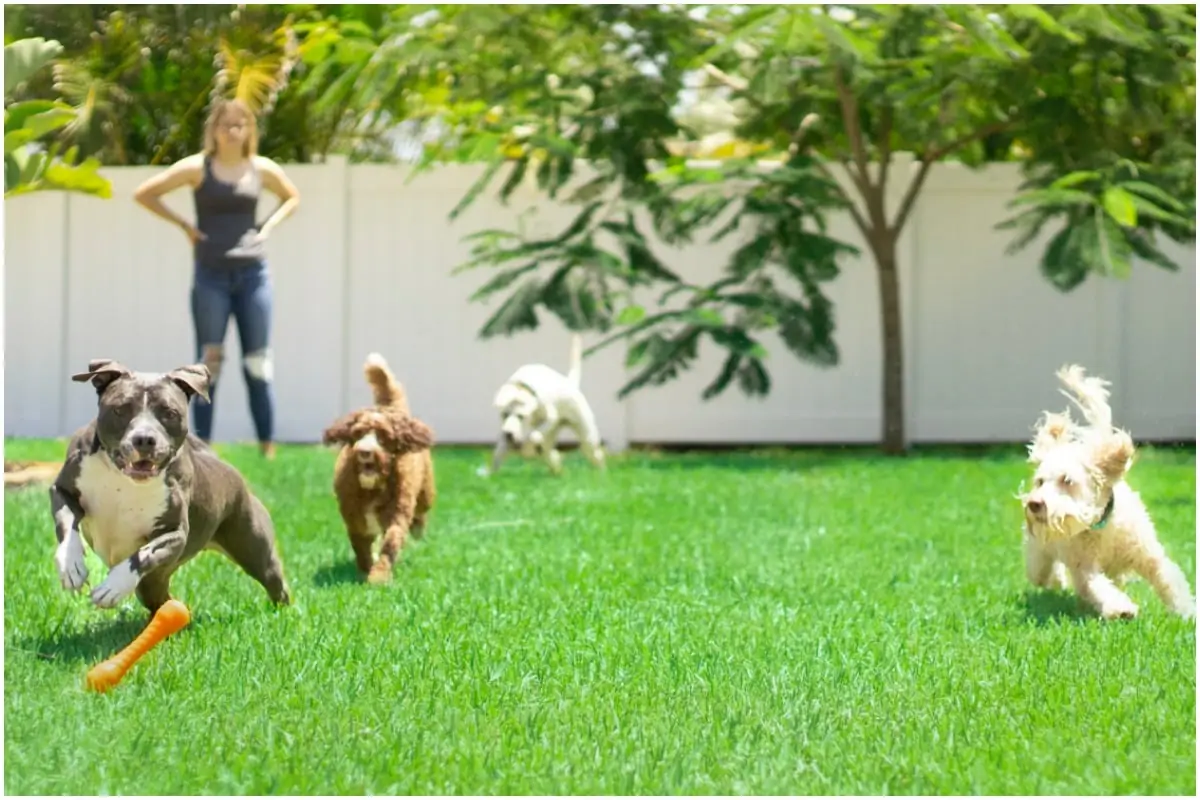Taking Care of Your Older Pet
Like people, pets get older, and as they get older, they begin to develop a new set of needs that require some new types of care.
Is your pet a senior? A dog is usually a senior at around 7 years, but some dogs can start the process at as little as 5 while others don’t see anything significant until 10, so check with your vet about your breed and what you can expect. For cats, 8-11 years is average.
What to Expect from Older Pets
Once your pet has become a senior, some of their behavior might shift. For instance, you might find that your dogs doesn’t have as much interest in going out and playing as he or she used to, and you will likely find their energy level to be less overall.
You might also notice that your pet drinks more water and urinates more frequently, and may even suddenly start having accidents. They may have a significant change in appetite, as well. Being supportive through this time is helpful for your pet!
How to Help Your Senior Pet
If your pet is older, there are a few extra steps you can take to take care of them, including:
- More frequent vet visits. Every 6 months is a good average.
- Change the nutrition. Take a few minutes with your vet to ask about what your pet is going to get the most benefit from.
- Encourage activity. Help your older pet stay active. As long as it’s not painful or harmful, helping your pet get exercise can actually prolong health in their lives.
- Be supportive and flexible. Your pet is changing and might need some understanding from you, so keep this in mind as you care for your older pet.
Have you ever cared for an older pet? What was the best insight you learned while taking care of them?




